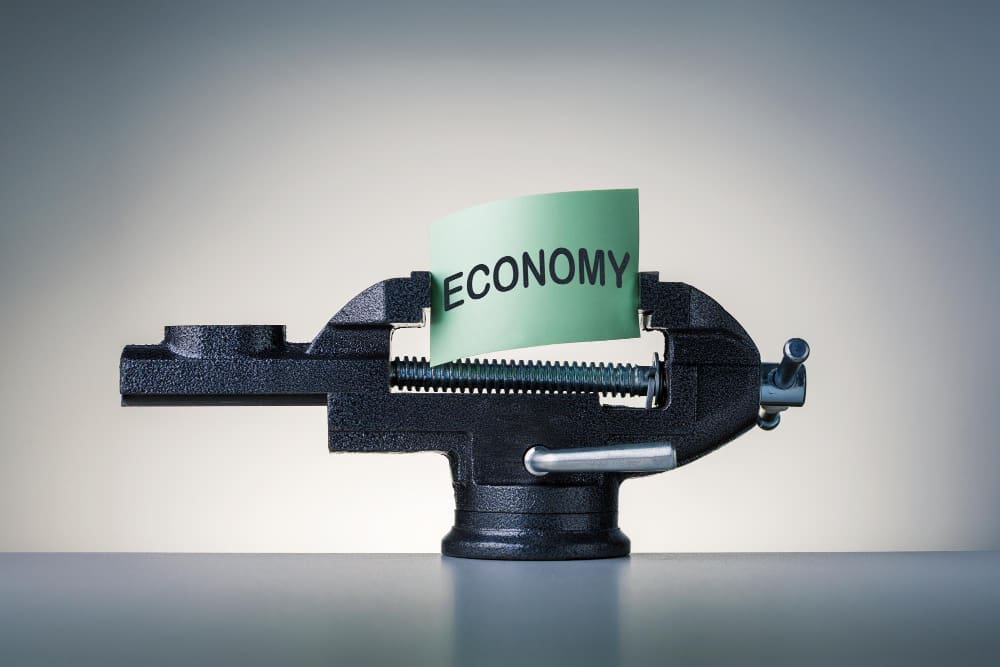Tariffs imposed by President Donald Trump have yet to significantly impact inflation, according to recent data. Consumer and producer price indexes, released by the Bureau of Labor Statistics, indicated a minimal increase of just 0.1% in May. Despite predictions of rising costs due to tariffs, these have not yet materialized in a substantial way, except in some sectors sensitive to import costs.
Several factors are influencing this trend. Companies stockpiled goods before the tariffs were announced on April 2, delaying the immediate impact on prices. Additionally, there is a lag in how these charges manifest in the economy. Businesses also face difficulty in passing higher costs to consumers, who are spending cautiously.
Specific areas, however, have shown some price hikes. Canned fruits and vegetables saw a 1.9% increase, while roasted coffee prices rose by 1.2%, and tobacco went up by 0.8%. Durable goods like major appliances and computers also experienced price increases, echoing patterns from previous import taxes.
Economists believe that future inflation may depend significantly on consumer behavior, as they drive a large portion of economic activity. The Federal Reserve's report on economic conditions suggested potential price hikes, though businesses have been hesitant to transfer these costs to consumers.
Economists like Joseph Brusuelas from RSM anticipate that any inflation linked to tariffs might be temporary, contingent on consumer expectations and spending habits. Meanwhile, the Federal Reserve is monitoring the situation and may adjust interest rates if inflation proves to be fleeting.
Overall, while the tariffs have stirred concern, their impact on inflation remains limited for now, with the broader economic effects yet to unfold.








